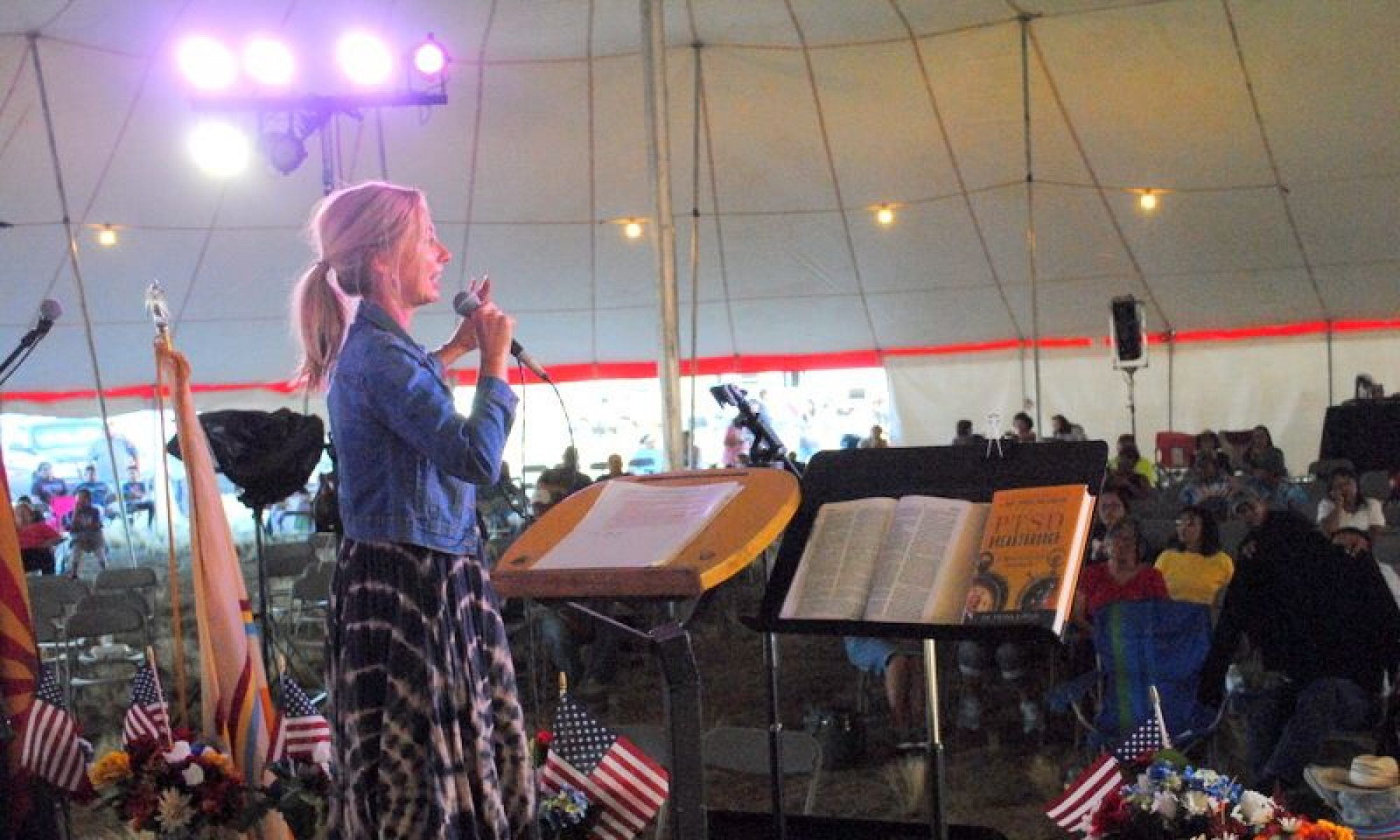In New Testament times there were 3 main institutions in Israel:
- the Temple, where people met with the priests;
- the Synagogue, where God’s people met with one another;(1) and
- the Ekklesia, which was a (non-religious, governmental) assembly of people called by the emperor to deputize and introduce and implement the culture and laws of the empire. (2)
So which one did Jesus say He would use to represent and “build His Kingdom”?
“On this rock [the revelation that Jesus is God’s anointed King] I will build My ekklesia, and the gates of Hades shall not prevail against it. And I will give you the keys of the kingdom of heaven, and whatever you bind on earth will be bound in heaven, and whatever you loose on earth will be loosed in heaven.” (Matthew 16:18-19)
It’s significant that Jesus chose the darkest spiritual place in Israel (Caesarea Philippi, a major centre of occult worship where an actual place called the Gates of Hades was located)(3), to give two fundamental revelations:
- His divinity, the Christ (the Messiah), Son of the living God; and
- His ekklesia, the instrument through which His Kingdom would prevail against the spiritual forces of evil.
Ekklesia Growth & Societal Transformation
Jesus therefore sought to redeem a secular, Greek concept, rather than use an existing religious institution.
After His ascension, those loyal to King Jesus formed new colonial outposts of God’s Kingdom on Earth. These were not intended to be religious groupings but political assemblies (ekklesia) of citizens who had been called out of the kingdom of darkness, into the kingdom of God’s dear Son (1 Peter 2:9). Its objective was the transformation of people and of society.
In the New Testament we’re given an example of an ekklesia’s capacity for growth. In only two years the ekklesia in Ephesus had had such an impact that it’s recorded that “all who lived in [the Roman province of] Asia heard the word of the Lord” (Acts 19:10). This was no small accomplishment since that region’s population would have been more than a million people. It sounds like the leaven of the Kingdom had spread as Jesus intended!
Jesus Wanted Ekklesia, What Came Was Church
But what happened to change this great start? How come Jesus said He wanted ‘ekklesia’ but what resulted a few hundred years later (and still persists today) was ‘church’?
Some may view the two as the same thing but when we consider the meanings of these two words, it’s clear they are not. The word ‘ekklesia’ means ‘an assembly of people who have been called out’ and fundamentally relates to a group of people gathered for the purpose of making decisions.
Jesus refers to giving His ekklesia authority (‘the keys of the kingdom’) and bringing about change on the Earth (through binding and loosing).
“Assuredly, I say to you, whatever you bind on earth will be bound in heaven, and whatever you loose on earth will be loosed in heaven. Again I say to you that if two of you agree on earth concerning anything that they ask, it will be done for them by My Father in heaven. For where two or three are gathered together in My name, I am there in the midst of them.” (Matthew 18:18-20)
Origin of ‘Church’
The origin of the word ‘church’ is not altogether clear. It comes from an Old English and German word ‘cirice’ (kee-ree-ke), which became ‘churche’ (kerke), pronounced ‘kirche’ or ‘kirk’ in Scottish, which is associated with gathering in circles. It is also generally said to be derived from the Greek ‘kyriakos’ meaning the lord’s house. What is apparent is that ‘church’ originally meant a building set apart as sacred and, thus, considered to be the Lord’s. This is a concept that is totally foreign to the New Covenant. Under the New Covenant, there are no sacred places (John 4:21, 23; Acts 7:48-49).
So, why did ‘ekklesia’ get substituted for ‘church’ from the 4th century?
Constantine & the Unholy Alliance with the State
In 313AD, the Roman emperor Constantine decided to turn the persecuted faith of those who were disciples of Jesus into the State religion, which we now know as Christianity. Thus began the joining of the ‘church’ with the State and the gradual loss of jurisdiction from King Jesus to a secular lord.
In 325AD, Constantine embarked on a church/cathedral-building programme as a visible but misplaced attempt to build Christ’s kingdom on Earth. Some say this also included the eviction of pagan priests from their temples and handing these buildings over to their Christian counterparts, which advanced the notion of centralised liturgical priestly-led worship in special buildings.
King Henry VIII & William Tyndale
In the 16th century during King Henry’s reign, as William Tyndale sought to translate the Bible into common English, Tyndale challenged the religious and political systems of his day. He refused to use the English word ‘church’ in his translation, but used ‘congregation’ for the word ‘ekklesia’.
Tyndale was viewed as a threat to the state, partly because he was declaring the truth that God’s people were not to be ruled by a man or earthly king, but by King Jesus, the head of the ekklesia. This is what Paul and Silas were doing in Thessalonica:
“But when they did not find them, they dragged Jason and some brethren to the rulers of the city, crying out, ‘These who have turned the world upside down have come here too. Jason has harbored them, and these are all acting contrary to the decrees of Caesar, saying there is another king – Jesus.'” (Acts 17:6-7)
In the 17th century, King James I commissioned the King James Version of the Bible. A number of directives were placed on the scholars responsible for the translation. This included keeping the old ecclesiastical words and not translating the Greek word ‘ekklesia’ as ‘assembly’, but using the word ‘church’ instead. As the head of the Church of England, King James knew he could rule over the church (a physical building with clergy), but feared having to contend with an ekklesia, a judicial body of ‘called-out ones’ (kingdom citizens) in submission to another King, Jesus. (4)
King James Version
Once published with the emblem of the Crown, the King James Version became the ‘Authorised’ Version and with the subsequent expansiveness of the British Empire, it became the most used version in the English-speaking world. It also became a major influence on Bible translations into other languages.
Highlighting this mistranslation of the Greek word ekklesia is not intended to criticise the KJV as a Bible translation in general. But it is important to understand the political agenda behind this error in light of the huge impact this has had on Jesus’ original intention.
A Weakened Trajectory
Sadly, every other major English translation has continued the KJV mistranslation which has exacerbated society’s perception that the function of the current Church is essentially to deal with ‘religious matters’. This is a million miles away from what Jesus intended. It set the trajectory of a weakened and more docile version of what Jesus wanted.
What Is Missing?
The ekklesia is how Jesus set out how His Kingdom was to function. This was the vision to facilitate the Kingdom expanding throughout society and the world. What are we missing by not embracing the true vision and design of Jesus by being a Kingdom ekklesia?
Instead of bringing about societal transformation, why is the influence of the Church on social matters progressively diminishing?
To the Romans the ekklesia meant a group of Roman citizens, called out to go into a conquered region. They would teach the language of Rome, the culture of Rome, until everything walked, talked and acted like Rome. Jesus called this leaven.
“…Jesus spoke to them: The kingdom of heaven is like leaven, which a woman took and hid in three measures of meal till it was all leavened.” (Matthew 13:33)
Jesus’ prayer was that the will and intent of God would be done on Earth, as it is in Heaven (Matthew 6:10). In other words, that Earth would once again be a reflection of Heaven.
Model Reset
In the Book of Acts we read how Paul reasoned with the Jews who were meeting in their synagogues. Have we adopted more of a Christian synagogue model instead of a Jesus ekklesia model?
Rather than using either a temple or a synagogue as our model, I believe we need to RESET to Jesus’ original plan of an ekklesia. According to Jesus, these can be as small as two or three gathering in His name (Matthew 18:20), in a home, in the marketplace, or wherever. As Christ’s ambassadors, representatives and citizens, we are all called out to introduce and implement the culture and laws of the Kingdom of God.
(1) Most scholars believe that synagogues originated during the Jewish captivity in Babylon. The Encyclopaedia Judaica reasons: “The Exiles, deprived of the Temple, in a strange land, feeling the need for consolation in their distress, would meet from time to time, probably on Sabbaths, and read the Scriptures.”
(2)Thayer’s Greek Lexicon calls it “an assembly of the people convened at the public place of the council for the purpose of deliberating.” Vine’s Expository Dictionary calls it a “gathering” of citizens to “discuss the affairs of state.” The Greek-English Lexicon of the New Testament by Bauer, Arndt and Gingrich gives its primary meaning as “assembly, as a regularly summoned political body.” The Dictionary of Biblical Imagery (Longman and Wilhoit) considers it the “calling out of citizens for a civic meeting”. The International Standard Bible Encyclopedia says it was “the designation of the regular assembly of the whole body of citizens in a free city-state,” that was called out “for the discussion and decision of public business.” The ISBE concludes with this, about the pre-Christian usage of ekklesia: “To the Greek it would suggest a self-governing democratic society; to the Jew a theocratic society whose members were the subjects of the Heavenly King. The pre-Christian history of the word had a direct bearing upon its Christian meaning, for the ekklesia of the New Testament is a ‘theocratic democracy’ (Lindsay, Church and Ministry in the Early Centuries, 4), a society of those who are free, but are always conscious that their freedom springs from obedience to their King.” The 115 times the New Testament uses the word ekklesia it always refers to a called out assembly, never a building. In the UK, we have a devolved parliament to Wales. It’s referred to as the Welsh Assembly.
(3) Caesarea Philippi was the location of the Cave of Pan, the place of the pagan Gate of Hades. Waters flowed out of the cave which housed a bottomless pit. The natural features impressed Alexander the Great and both the Greeks and Romans built sanctuaries there, believing them to be a dwelling place of the gods (www.bible-history.com/biblestudy/ancient-caesarea-philippi).
(4) King James had opposition from the Puritans (who had doctrinal issues with the Anglican church), as well as with the Catholics with their papal claims.


